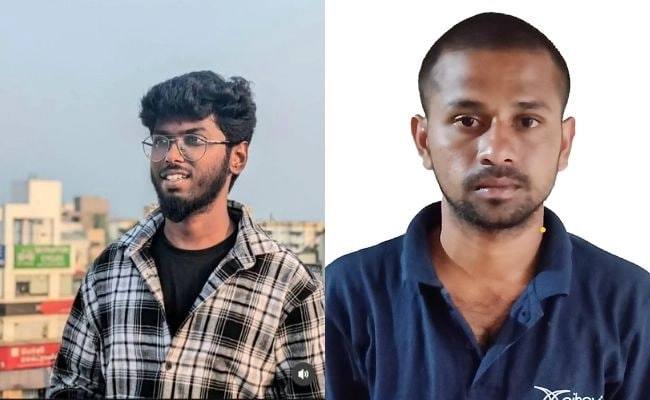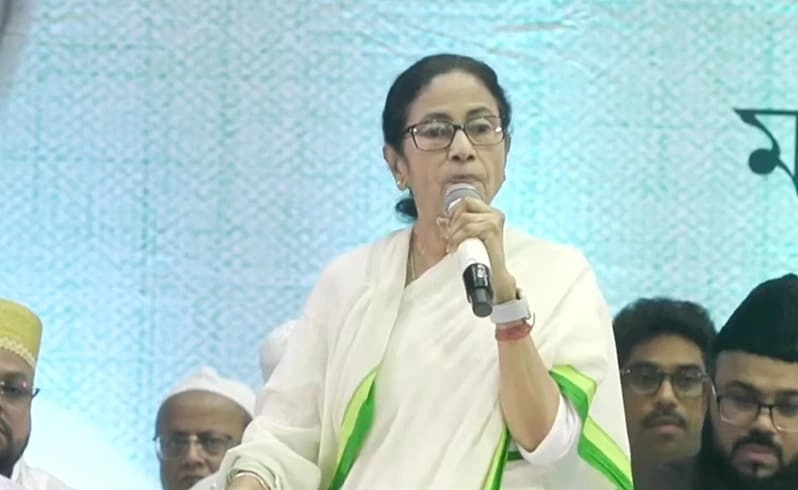In a tragic incident that underscores the deeply ingrained caste-based discrimination in India, a Dalit techie in Tamil Nadu was brutally killed by the brother of his girlfriend, who opposed their inter-caste relationship. The victim, identified as a young man with a promising career in technology, had been in a relationship with a woman from a higher caste. Their relationship, which they both cherished, faced significant societal backlash, reflecting the harsh realities that many inter-caste couples continue to navigate in a country where caste dynamics still wield considerable influence over personal choices.
The violence erupted when the woman’s brother discovered the relationship and vehemently opposed it due to the couple’s differing caste backgrounds. Such incidents are unfortunately not isolated; they highlight the extreme measures some individuals take to uphold traditional caste norms, often resorting to violence as a means of asserting control over personal relationships. The tragic outcome of this particular case raises pressing questions about the safety and rights of individuals who dare to challenge the societal status quo by pursuing love across caste lines.
The killing has sparked outrage within the community and beyond, prompting calls for justice and a reevaluation of the societal attitudes towards inter-caste relationships. Activists and social organizations have rallied together, demanding stricter laws and better protections for couples facing similar threats. This incident serves as a stark reminder of the urgent need for societal change, where love and mutual respect can triumph over outdated caste prejudices. The young techie’s death is not just a personal tragedy but a reflection of a broader, systemic issue that requires immediate attention and action from both the government and civil society to foster a more inclusive and equitable society.




